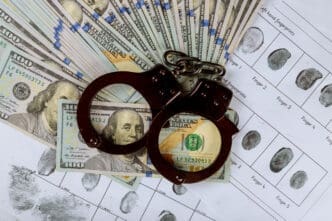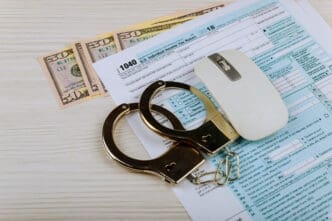Betting during the NCAA tournaments, known as March Madness, has become a significant pastime for many Americans, with billions wagered on the games. Americans reportedly spent $60 billion at casinos and about $12 billion on online sports betting last year. A state-by-state ranking of gambling freedom reveals that while Nevada embraces gambling, states such as Utah, Hawaii, and Georgia impose strict bans.
Recently, political figures have pushed for more restrictive gambling measures. Philadelphia’s mayor has proposed banning gambling machines in local gas stations and convenience stores, arguing against enticing residents to gamble away their earnings. Some states even outlaw at-home poker games, leading to occasional arrests of participants. Higher up, officials have considered prohibiting betting on elections, and some senators advocate for a renewed ban on sports betting.
While gambling presents certain societal challenges, including addiction, it remains a popular recreational activity. In a free society, individuals often seek the thrill of gambling, especially in social settings with friends, adding excitement to events like sporting games. Critics argue that politicians exhibit hypocrisy by targeting certain forms of gambling while simultaneously promoting state lotteries.
State lotteries are notably less favorable for players, offering the lowest return among gambling options. Slot machines typically return about 90% of bets, whereas state lotteries retain nearly half. This discrepancy disproportionately affects poorer communities, who are more likely to buy lottery tickets. Despite the unpopularity of direct taxation, lotteries provide a revenue stream for states, allowing them to collect money under the guise of entertainment.
The political stance against private gambling enterprises stems from their competition with state-run lotteries. Historical practices such as numbers running and off-track betting provided alternatives to state lotteries until politicians banned them, citing them as undesirable competition. Meanwhile, government-run off-track betting venues have struggled financially due to inefficiencies.
Political figures often condemn gambling while simultaneously promoting state lotteries that offer worse odds than private sector options. Recent changes to lottery games, like doubling ticket prices and altering odds, exacerbate the issue. Attempts to engage lottery associations on these concerns have been met with resistance, emphasizing their purported advantages of oversight and fairness, which critics question.
The Bottom Line
- The tension between bans on private gambling and the promotion of state lotteries can lead to public skepticism about governmental motives.
- Communities with lower income levels may experience financial strain due to the significant financial commitment often required by lottery participation.
- Public discourse on gambling regulations could influence future legislative actions and impact the availability of gambling activities.
- Changes to lottery odds and prices may alter consumer behavior, potentially decreasing participation or prompting calls for reform.
- The debate highlights broader issues of government involvement in industries traditionally dominated by the private sector, raising questions about efficiency and fairness.






